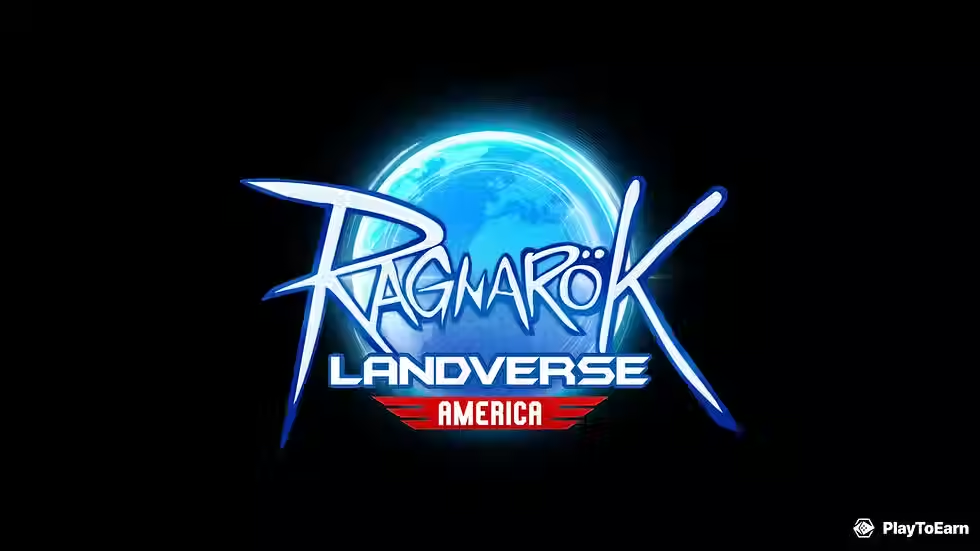Shrapnel Moves to GalaChain to Target 600M Gamers
- NFTrixie

- Aug 1, 2025
- 4 min read

In a major move for the blockchain gaming space, Shrapnel, a highly anticipated PC-based first-person shooter (FPS), is leaving Avalanche behind and migrating fully to GalaChain. This shift isn’t just technical—it signals a strategic alliance aimed squarely at one of the biggest prizes in gaming: the Chinese market. The goal? Unlock access to over 600 million players while building a compliant and scalable Web3 FPS experience.
Let’s break down what this means for players, developers, and the future of blockchain games.
Why Shrapnel Is Leaving Avalanche for GalaChain
The official announcement came on July 30, confirming that Shrapnel, developed by Neon Machine, will no longer operate on the Avalanche network. Instead, it’s going all-in on GalaChain—a bold move driven by Gala Games' growing infrastructure and global partnerships.
But this isn't just about chain performance or gas fees. The decision is tightly linked to Gala’s new collaboration with China’s Trusted Copyright Chain (TCC), a permissioned blockchain regulated by the Chinese government. This setup allows Shrapnel to legally enter the Chinese gaming ecosystem while staying Web3-native.
In short: new chain, same game, way bigger ambition.
Gala’s Strategic Partnership with China’s Trusted Copyright Chain
Gala Games recently inked a deal with Trusted Copyright Chain, a state-sanctioned blockchain designed to allow digital asset ownership under Chinese law. This gives Shrapnel a huge advantage: legal access to the Chinese Web3 gaming market, something few blockchain games have managed.
To support this, Gala is developing a cross-chain bridge that will connect GalaChain with TCC. Set to launch in Q1 2026, this bridge will allow players to move NFTs and assets between international and Chinese versions of the game—without violating local laws.
This positions GalaChain as the core layer for Shrapnel worldwide.
SHRAP and GALA Tokens: A Dual Economy
Alongside the migration, SHRAP, Shrapnel’s native token, will also move from Avalanche to GalaChain. SHRAP will continue to function as the main in-game currency, used for purchasing NFTs, gear, and assets.
GALA, the flagship token of the Gala ecosystem, will now be used for gas fees across all transactions, including cross-border transfers to and from the TCC network. This change increases the utility of GALA and helps sustain GalaChain’s economic model.
Neon Machine also revealed that up to 10% of China-generated revenue will go toward buying back SHRAP from the market, adding a deflationary twist for holders.
Aiming for China’s 600 Million Gamers
China is home to the world’s largest gaming market, and tapping into it isn’t just a growth opportunity—it’s a game-changer. According to Gala and Neon Machine, the collaboration with TCC allows Shrapnel to release a fully compliant, localized version of the game specifically for Chinese players.
Xuan Hongliang of the TCC called it a "long-term commitment to FPS gaming under Chinese laws." Gala CEO Eric Schiermeyer emphasized that the upcoming cross-chain bridge will allow both Chinese and global players to participate in Shrapnel without compromising gameplay or legal compliance.
Behind the Scenes: Neon Machine’s Leadership Shakeup
This strategic pivot also follows a major internal shift. In December 2024, Neon Machine appointed Ken Rosman—a veteran of Xbox and titles like Halo Wars—as CEO. He replaced Mark Long, a studio founder, who now advises the company.
This leadership change came on the heels of a legal dispute with 4D Factory, Shrapnel’s majority shareholder. Allegations flew in both directions, with Neon Machine’s founders accusing 4D’s CEO of a hostile takeover, and 4D claiming the dev team had gone rogue.
Despite this drama, Neon Machine secured new funding from the Blizzard Avalanche Ecosystem Fund, keeping development on track and enabling the network migration.
The Community’s Mixed Reactions
As expected in Web3, the community had opinions. While some praised the move as a smart expansion into new markets, others were less forgiving.
Web3 creator vert1d tweeted that Shrapnel is “a dead game” and called GalaChain “the scammiest chain in existence.” Another voice, Jesus Martinez, labeled it “one of the top failed crypto games of all time,” accusing Gala of replacing original devs and silencing community feedback.
These critiques reflect growing skepticism about Web3 game migrations and developer accountability. Still, both Gala and Neon Machine maintain that this is a strategic evolution, not a desperation pivot.
Gala Games: A History of Controversy
Let’s not ignore the elephant in the room. Gala Games has had its share of controversies—from lawsuits to internal drama.
Notably, Dutch studio Gamedia won a lawsuit in 2024 over Gala’s failure to fulfill promotional and financial obligations for Spider Tanks. There were also reports of co-founders being threatened or sued, and a messy token fork and burn following disputes between Eric Schiermeyer and Wright Thurston in 2023.
While these issues don’t directly affect Shrapnel, they do color public perception. Gala now has to prove that GalaChain isn’t just another Web3 experiment—but a robust platform for sustainable blockchain games.
What’s Next for Shrapnel and GalaChain?
The next big milestone is the Q1 2026 launch of the cross-border bridge, enabling legal asset transfers between China and the rest of the world. Until then, Shrapnel will operate in two parallel versions, each tailored to local regulations.
Neon Machine, under Ken Rosman’s leadership, continues to push development forward. While the game remains in pre-release, the team is committed to building a regulation-friendly, globally scalable FPS on the blockchain.
For GalaChain, this is a moment to shine—or stumble. Its ability to support large-scale games like Shrapnel while managing legal, technical, and community expectations will define its future in the competitive world of blockchain gaming.
Final Thoughts: Whether you’re bullish or skeptical, one thing is clear—Shrapnel’s migration to GalaChain marks a significant moment in the evolution of blockchain games. With the right execution, it could set the blueprint for how Web3 titles break into complex, high-potential markets like China.
Stay tuned. The future of blockchain FPS gaming might just be written on GalaChain.









Comments